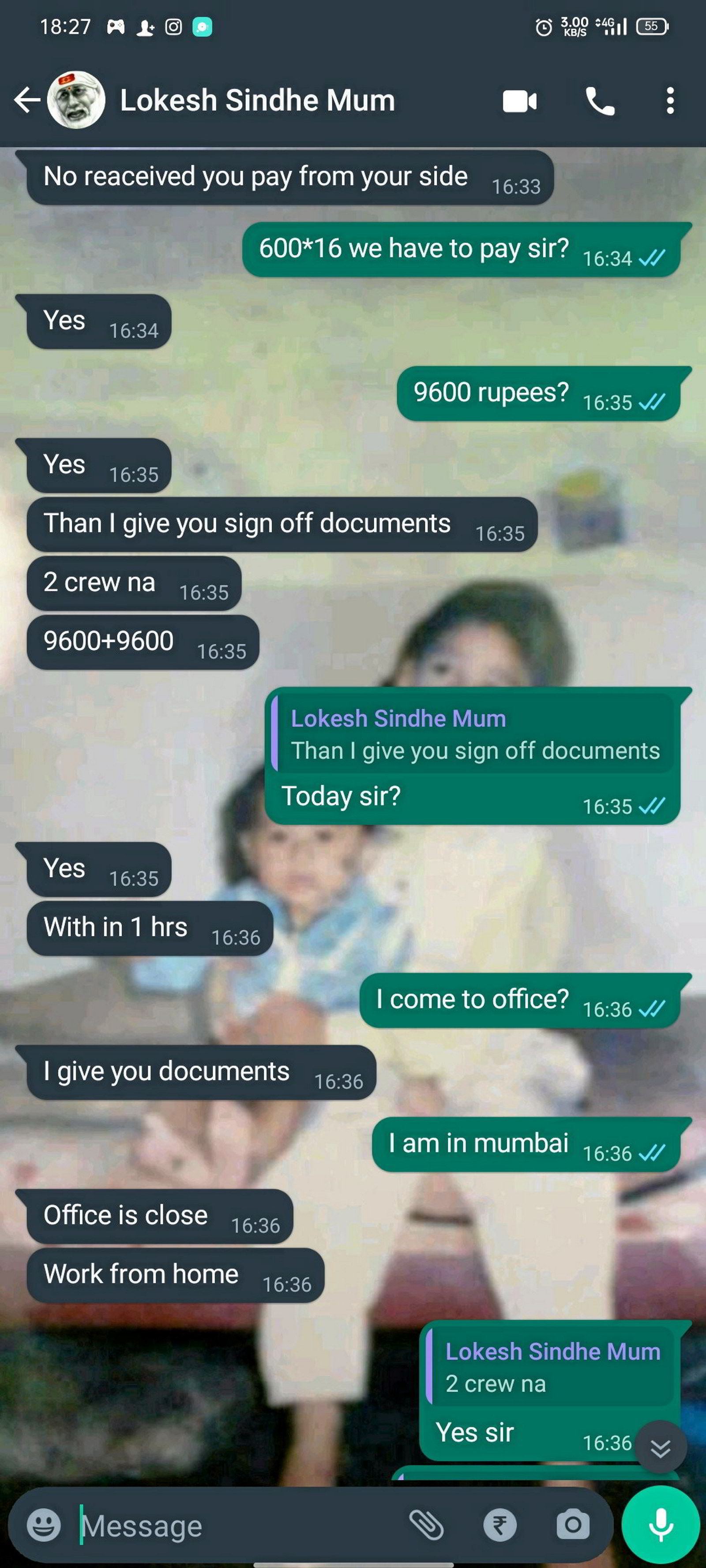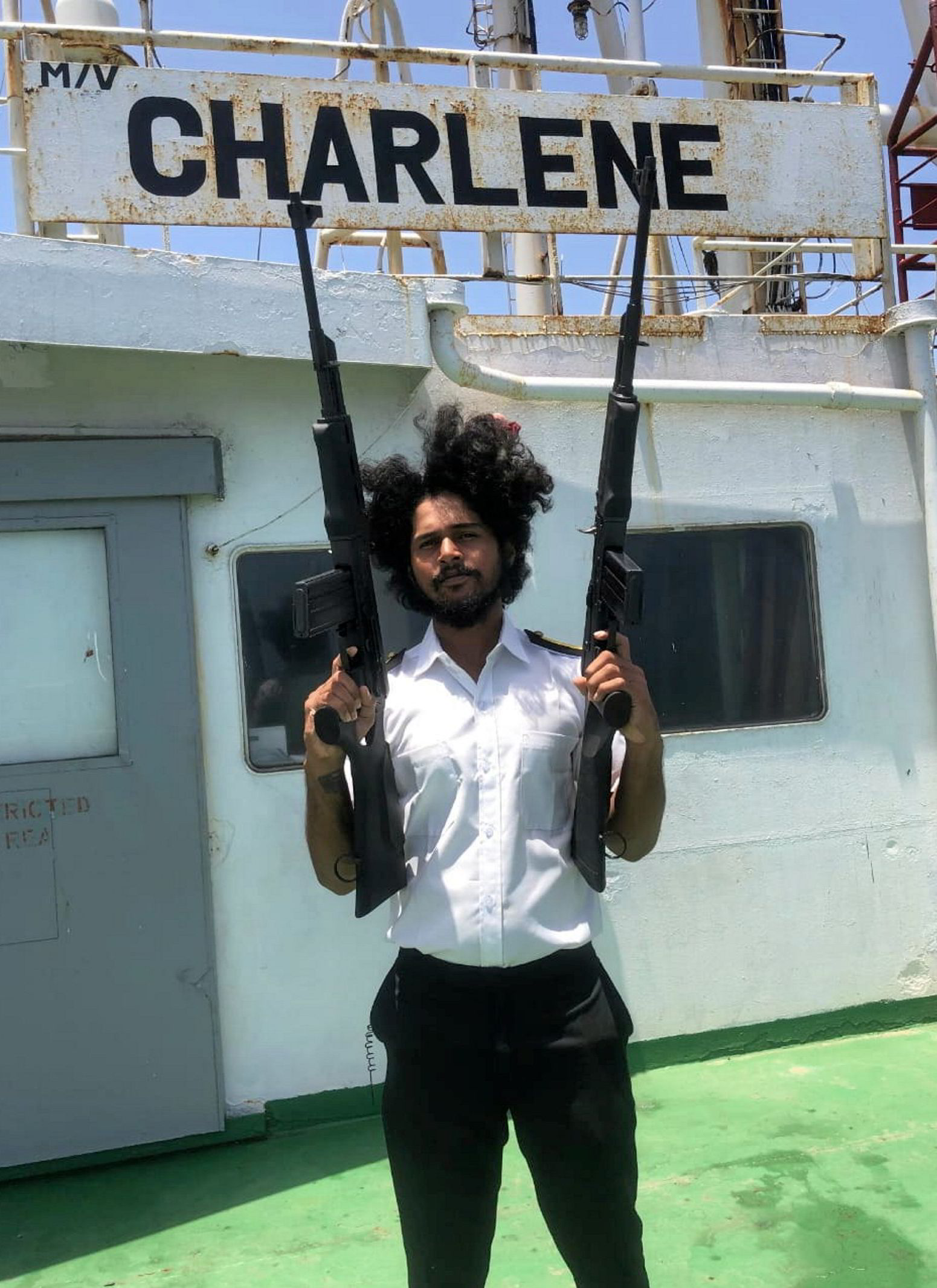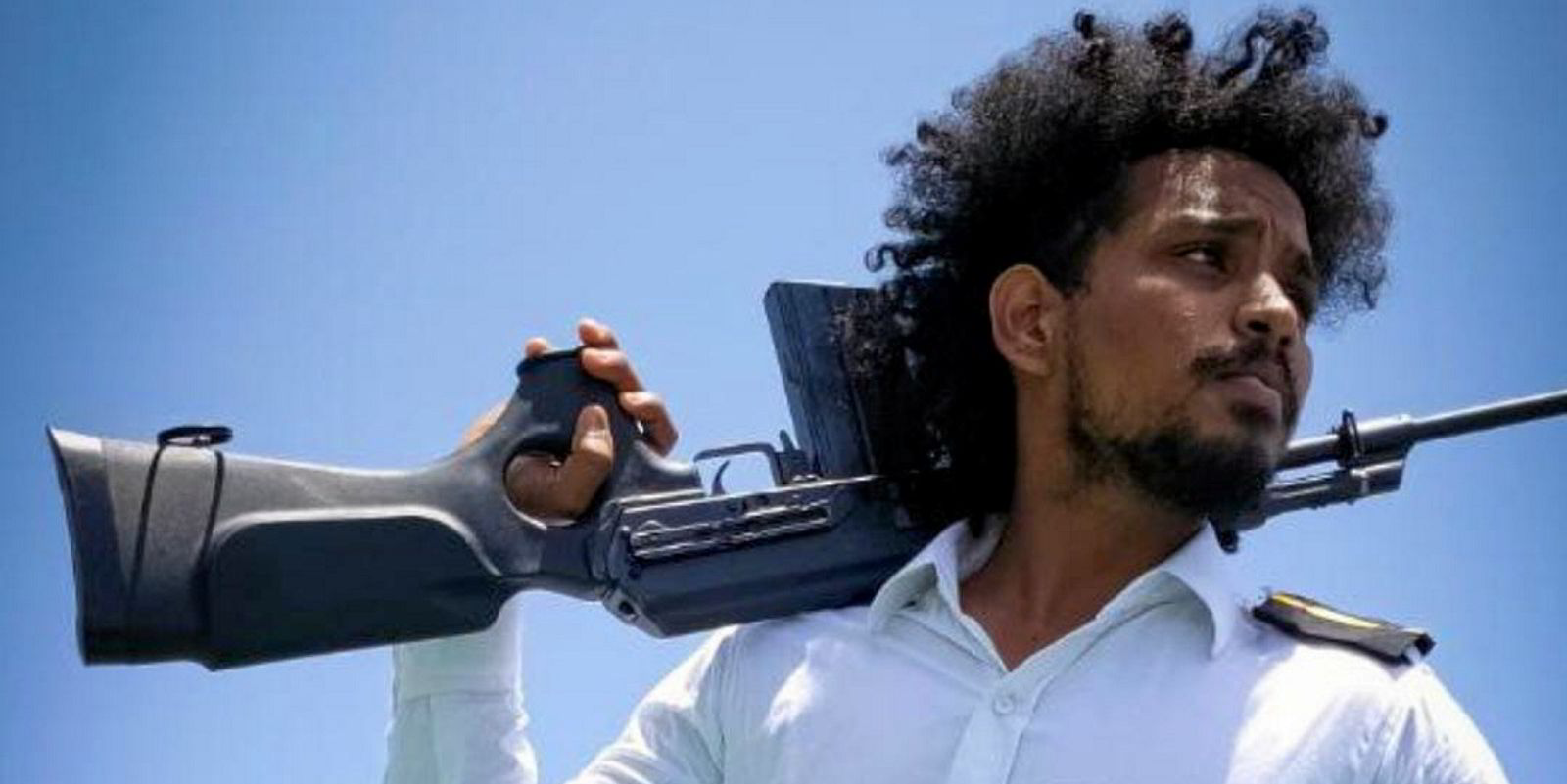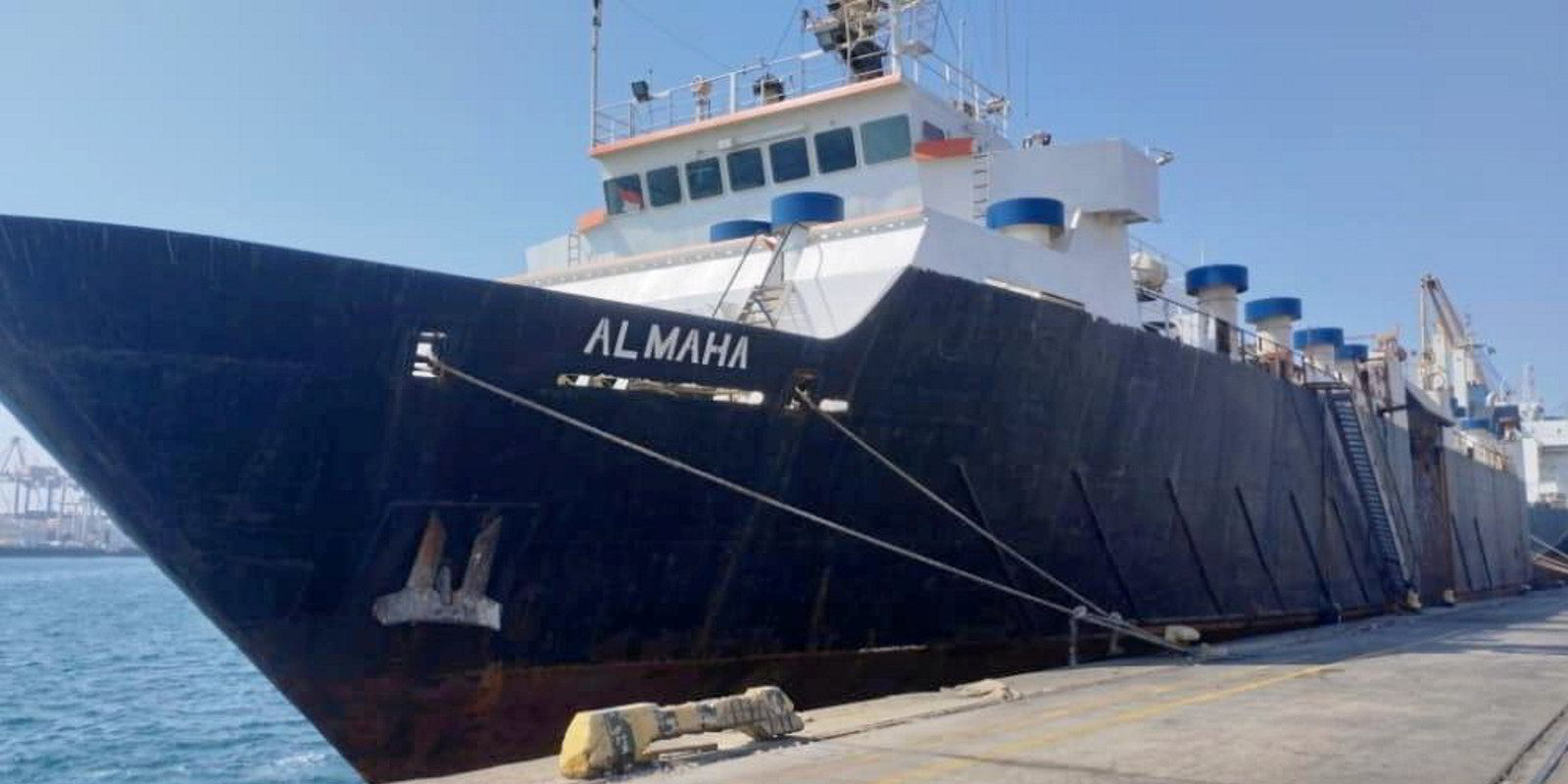A ship arrest at Port Sudan has turned the spotlight towards practices in the Indian crewing business.
Three cadet seafarers on the 28,200-dwt Vietnamese handysize bulker Charlene (built 1996) said they have been paying Indian crewing companies for the privilege of working, and documented the transactions for the International Transport Workers’ Federation (ITF) trade union.
Mumbai-based crewing agent Marinezone Shipping Services and Haiphong shipowner NHK Shipping characterised cadets Brigesh Kannan, Abidas Pakkiri and Jeyaprakash Ebi Andrews as troublemakers.
But the cadets responded that Marinezone began circulating faked documents about them days after they spoke to the ITF.
The Charlene, like all four ships in the fleet of NHK Shipping, is owned by US-Vietnamese company HN Global Shipping. An NHK official told TradeWinds the company was set up last year as the operator of four ships that HN Global acquired from Vietnamese bulker owner Tan Binh.
The Tuvalu-flag Charlene sails with 16 Vietnamese and six Indian crew members, the latter sourced through Marinezone Shipping.
“We have never asked any crew to pay INR 600 [$7.25] per month regarding their sign-off update,” wrote an official of Marinezone Shipping who did not sign his name, adding that the complainants “are tarnishing the good image of our firm with respect to personal benefit which our company management team are still not able to understand”.
“What the ITF said is not true,” NHK official LK Tuan told TradeWinds, insisting that crew welfare on the vessel is good.
But ITF flag of convenience campaign consultant John Wood believes the documents.
“It’s there in black and white,” he said. “And what don’t talk, don’t lie.”
Bank statements and messaging records show crewing agents demanding monthly payments of INR 600 in return for updating crew record books, in addition to an INR 400,000 ($4,840) “joining fee”, with funds going to Marinezone affiliates Unigro Shipping and Al-Huzair Marine Services.
Union officials said Unigro disappeared after complaints to Indian shipping authorities. Seafarers visited Al-Huzair’s listed physical address in Mumbai and did not find it.

At “poverty wages” of $270 to $400 per month, the union noted that the “joining fee” exceeded a year’s salary, but said the cadets were able to draw on family resources to pay it in order to earn documented service at sea.
‘They paid for their jobs’
The seafarers signed on in August and December of 2021, and finally were repatriated to India last month in the midst of a stalemated arrest at Port Sudan.
“They paid for their jobs,” said Wood, who learned of the alleged pay-to-work deal by accident after investigating the long shipboard times of the three crew members and their difficulties in winning repatriation. He was aghast.
“‘Why would you pay that much?’” he asked Kannan. “You’d have to work years to earn it back.”
“To get our tickets” was the answer, referring to the licences that they could receive based in part on the “sea service confirmation” that a crewing agency has a duty to provide to the Indian Directorate General of Shipping.
In an e-mail that TradeWinds has seen, Hong Kong claims boss Quentin Drew of the West of England P&I Club wrote: “If the facts as described by the ITF are indeed true, the situation is unacceptable and it is very important that this matter is redressed in the seafarers’ favour promptly.
“To do otherwise may have reputational repercussions on the shipowners, which we are sure they would wish to avoid and which would doubtless be unacceptable to them.”

A West spokesman told TradeWinds the club had “been made aware of allegations from crew members concerning aspects of their contractual employment and has been in liaison with the ITF and the owners. Should the club’s Maritime Labour Convention certification be engaged, then we will of course respond accordingly.”
In documents provided by Marinezone, the master of the Charlene faults the three cadets for complaining, spreading rumours about the company, keeping untidy cabins and not cutting their hair.
The crewing agent adds that on one occasion they helped themselves to “coast guard weapons” for an unauthorised photo shoot that elicited “stringent action” from the Charlene’s master.
Former cadet Brigesh Kannan responded by saying Marinezone had circulated faked documents about him within two days of learning the ITF had been contacted.
Unlike the unlicensed Vietnamese crew, he and his Indian colleagues spoke English when they joined the vessel and had completed a relevant three-year college degree.
“We have been very good on board,” he wrote. “The photos they pasted [are] in Sudan where we were asking [to] sign off. With the permission of the armed guards, we used the armed gun for photos.”
Tuan characterised NHK’s employment of Indian cadets as “help”. Aspiring seafarers with no experience “work on our vessel to upgrade their competence licences to find better job chances”.
“[We] will stop our help if they continue to complain more. We please repeat that all crews’ welfare is well,” Tuan said.




